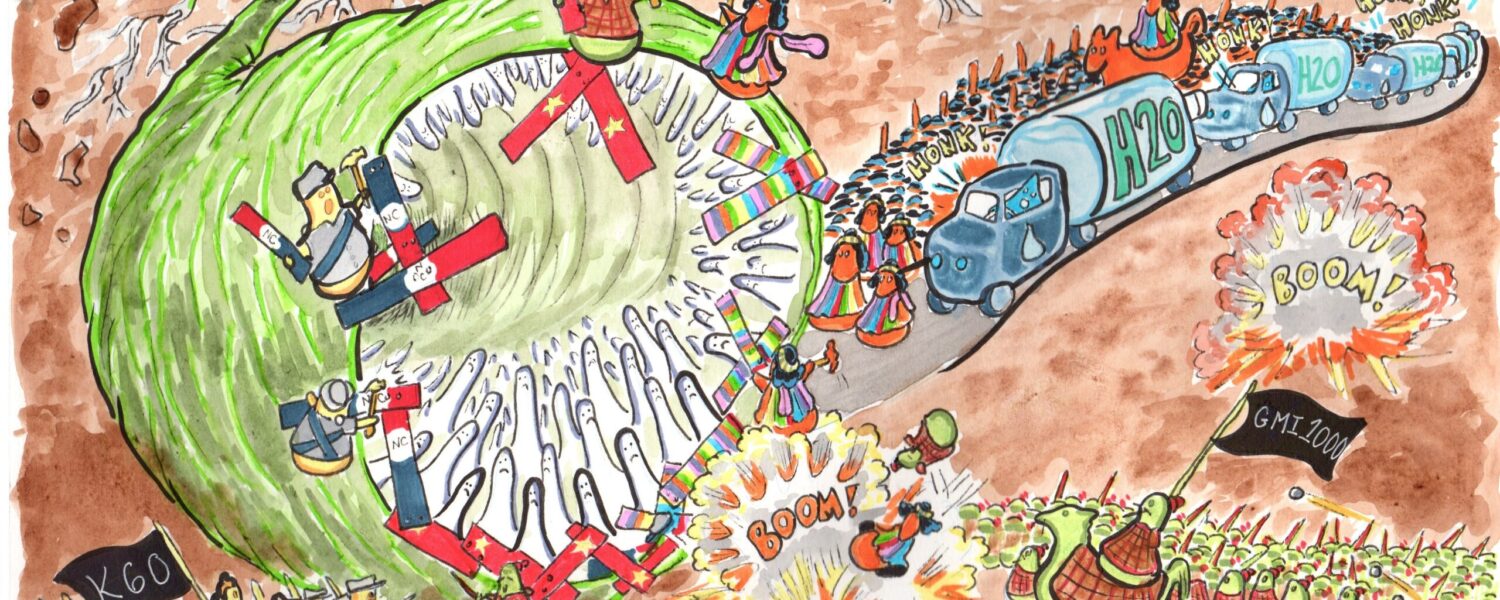Welcome to the Phytobacteriology Lab at North Carolina State University!
In the lab we take a basic and applied research approach to study the biology underlining bacteria-plant and bacteria-microbiome interactions with the long term goal of better understanding how plant pathogens infect their host and translating these finding into sustainable crop management strategies. At the molecular, cellular, organismal and population levels, the Phytobacteriology Lab seeks to understand how microbial interactions among plant associated bacteria affect plant responses that ultimately impact plant health and crop yields. By providing a systems-level understanding of plant phytobiomes we want to develop tools and host/microbiome models that enable plant breeders and microbial ecologists to predict beneficial interactions to achieve improved yields and plant resilience in changing environments.
Specifically, our research program encompasses two complementary lines of research based on microbial population dynamics from both the plant and pathogen sides:
-
-
- A systems level approach to investigate the biology, ecology and evolution of plant associated bacteria in the context of niche specialization and competition.
- Effector-induced susceptibility as a quantitative trait for durable disease resistance.
-
Our research goal is to advance our scientific understanding of the interacting components that influence the survival, establishment, and suppression of plant pathogenic bacteria within the context of the plant microbiome. Our research, teaching and extension program serves the public, including but not limited to stakeholders, students, and junior scientists.
The Phytobacteriology Lab Strives to Foster a Safe, Fun, and Respectful Working Environment for All!
The Phytobacteriology Lab is led by Dr. Alejandra I. Huerta. Dr. Huerta is a strong advocate of the value of diverse perspectives for the development of necessary and innovative solutions to complex societal and scientific challenges. She brings a lifetime of experience and inherent knowledge of the impact agriculture has on societies and of key barriers associated with recruitment and retention of historically underrepresented minority groups in STEM. She is a first-generation college student, English is her second language, is Mexican by birth and American by culture.
